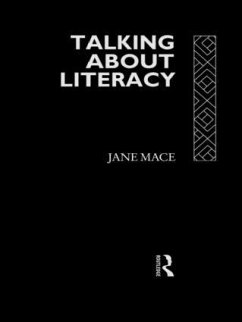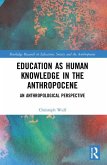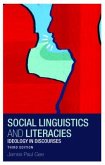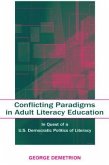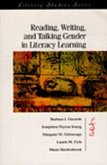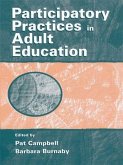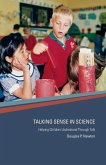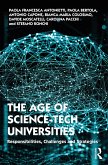Talking about Literacy re-examines dominant notions of what litreracy is, and challenges the problem-solution reflex to the issue (the problem is illiteracy: the solution is more literacy). Literacy has enormous emotional and political associations, and the job of literacy educator often concerns changing attitudes and challenging prejudices - whether in the form of publicity strategies, counselling new students, or in curriculum design. In short, adult literacy education means not only teaching courses like 'fresh start', 'basic skills', 'study skills', 'communication skills', 'language support' and 'return to study', but also designing strategies to encourage people to see that these courses may meet their own interests - and educating them and others to rethink their own negative attitudes to 'illiteracy'. The book looks in detail in at five principles put forward by Jane Mace as central to the education of people who often can read, but wish they could read better; who, technically can write, but have a desire to do so with more expression and coherence. These principles focus on five themes: context, inquiy, authorship, equality and community. Since it is all too easy for literacy education involving adults who do not have formal qualifications to stop short of teaching techniques for 'correct' writing, these principles mean taking seriously a view that adult students are writers as well as readers - that they have an entitlement to be read, as well as to read others.
Hinweis: Dieser Artikel kann nur an eine deutsche Lieferadresse ausgeliefert werden.
Hinweis: Dieser Artikel kann nur an eine deutsche Lieferadresse ausgeliefert werden.

